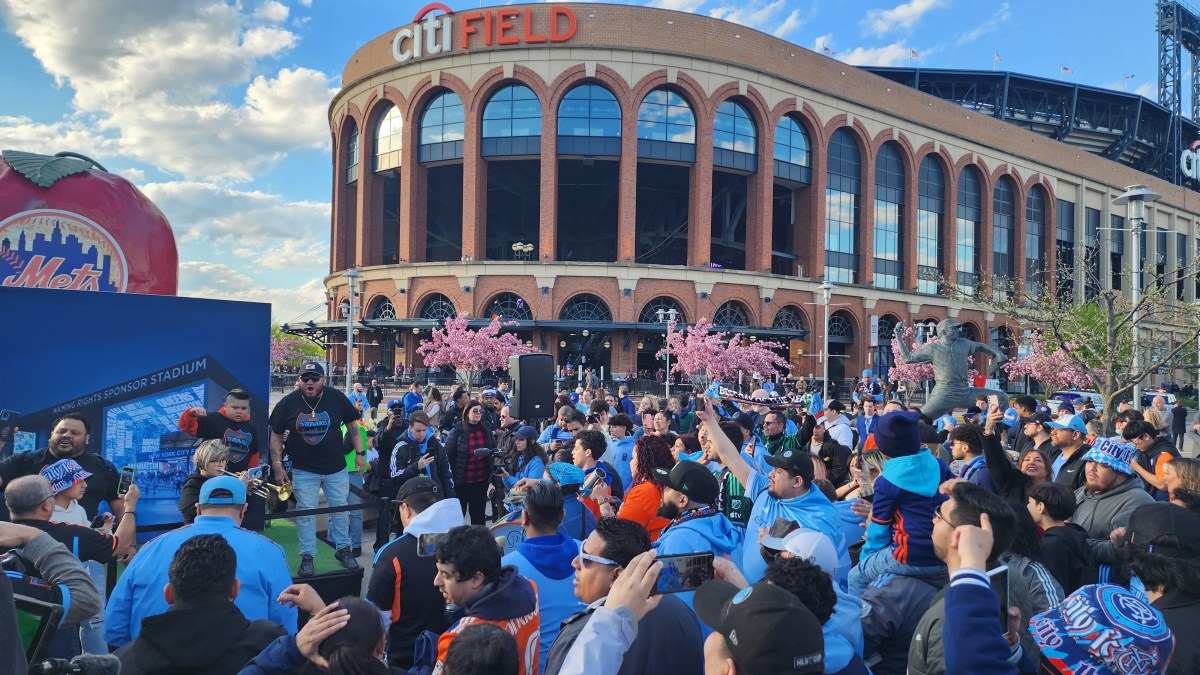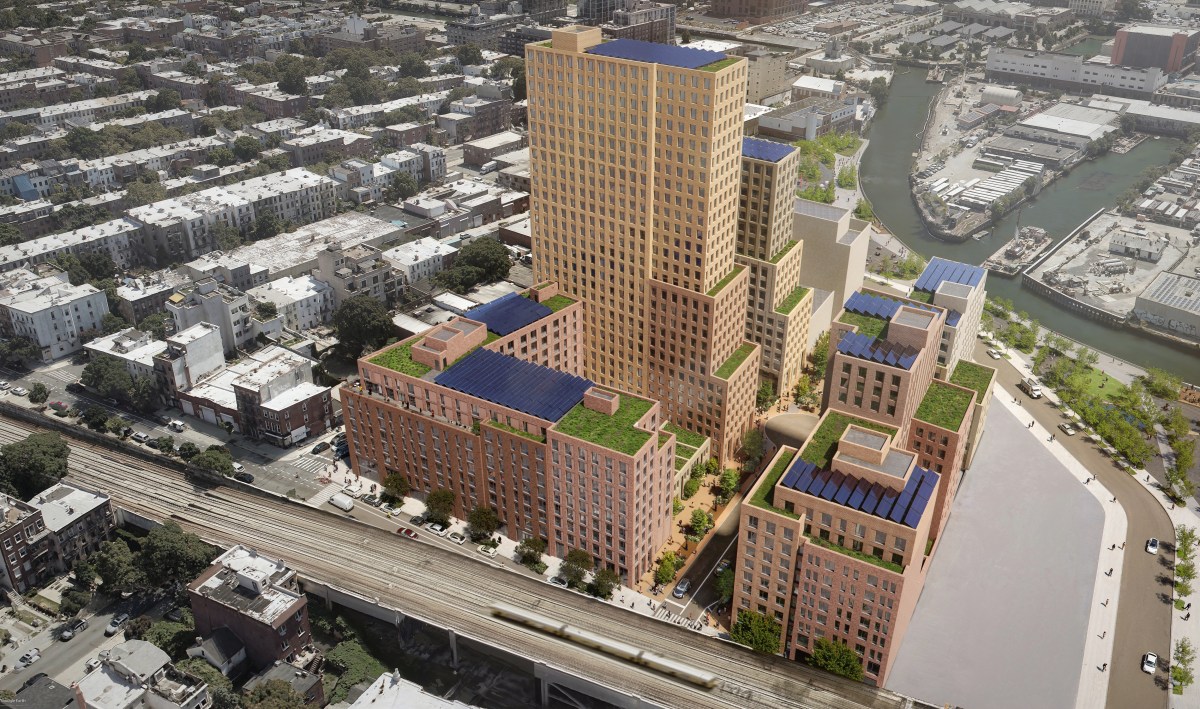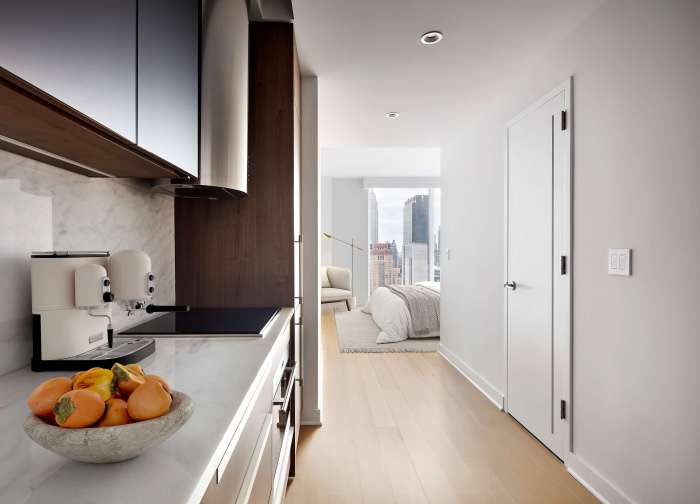
The Rent Guidelines Board voted Tuesday that landlords may increase rent 1.5% for one-year leases and 2.5% for two-year leases on rent-stabilized apartments.
The board’s 5-to-4 vote impacts rent-stabilized leases signed starting October 1. There were about 966,000 rent-stabilized units in the five boroughs in 2017, according to the most recent results of the city’s Housing and Vacancy Survey.
"I was disappointed. I was looking forward to a lower rent adjustment," said Leah Goodridge, a board member who represents tenants. "If landlords are profiting — not just breaking even — then we have to consider the fact that we have 65,000 people sleeping in shelters every night in a city that’s supposed to be one of the most developed in the world."
The decision came after several public hearings and months of parsing housing data. The board’s nine members, who are appointed by the mayor as representatives of either landlords, tenants or the general public, poured over research showing that a majority of rent-stabilized tenants cannot afford their rent.
The Housing and Vacancy Survey showed median monthly rent for stabilized units was $1,269 in 2017 and that residents reported putting a median of 36% of their income toward it.
About 200 tenants gathered outside Cooper Union, where the meeting was held, and chanted, "Hey, hey; ho, ho; higher rents have got to go."
Francine Summerville, 65, said the increase will further burden her and her husband, who are both disabled and only make about $1,100 a month combined. Her current rent at her rent-stabilized apartment in the Bronx is $549.69.
"With the new [guidelines] we’re going to have to ask for help," Summerville said. "We have a lot of disabled people in our building."
Lena Melendez, 54, of Manhattan, said the increase would squeeze her and many of her rent-burdened neighbors.
"When we have to spend more money on rent, that money is taken away from other places in the budget, and it’s usually food or electricity," Melendez said. "We live with our lights turned off … I’m sweating bullets half the time just to keep the electric bill down."
Board members also reviewed data showing that from 2016 to 2017 landlords received about 0.4% more in revenue after paying operating and maintenance expenses. They took in either $540 or $620 in net monthly income on each stabilized unit, according to board research.
Those margins put many owners in a precarious position, according to Vito Signorile, a spokesman for the Rent Stabilization Association, which represents owners of rent-regulated apartments. He noted that owners are already reeling from a slew of state regulatory changes that will curb landlords’ ability to increase rent-stabilized tenants’ bills through a variety of mechanisms.
"This is a clear indication that city hall is still calling the shots here at the RGB," Signorile said. "The board’s own data said that anything less than 3% won’t properly compensate owners. … It’s going to be very hard for owners to invest back in their properties."

















